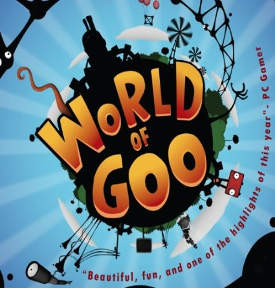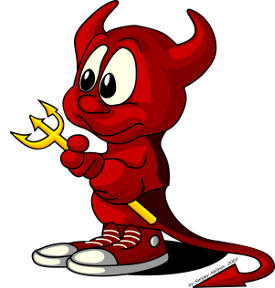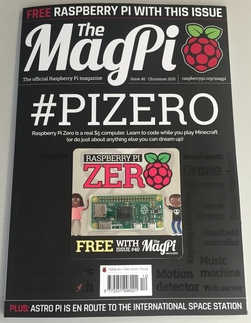FOSS Week in Review
 There was a time, back when FOSS Force was young, when we called the weekly round-up Friday FOSS Week in Review. Sometimes we’d get so far behind in our work that the Friday column wouldn’t get published until Saturday, sometimes late in the afternoon. To solve the problem that caused with the column’s title, we pulled a page from an old ABC playbook, from when they owned the Monday Night Football franchise, and called these late roundups “Friday FOSS Week in Review — Special Saturday Edition.” We didn’t change the header, but always made the “Saturday edition” mention in the text of the column, just as if it was the most natural thing in the world.
There was a time, back when FOSS Force was young, when we called the weekly round-up Friday FOSS Week in Review. Sometimes we’d get so far behind in our work that the Friday column wouldn’t get published until Saturday, sometimes late in the afternoon. To solve the problem that caused with the column’s title, we pulled a page from an old ABC playbook, from when they owned the Monday Night Football franchise, and called these late roundups “Friday FOSS Week in Review — Special Saturday Edition.” We didn’t change the header, but always made the “Saturday edition” mention in the text of the column, just as if it was the most natural thing in the world.
Christine Hall has been a journalist since 1971. In 2001, she began writing a weekly consumer computer column and started covering Linux and FOSS in 2002 after making the switch to GNU/Linux. Follow her on Twitter: @BrideOfLinux

 For a while they seemed to come almost in a measured release. They ranged from polite, insightful and informative, to a collateral-damage-be-damned raging and slashing diatribe. Some I would read; some I would not. No one takes a spitting, enraged person seriously unless they bear a weapon. Spitting, angry people tend to come forward with an obvious emotional outburst, most times presenting only the emotional aspect of what they have to say. Facts can be either few or “facts” from that writer’s point of view. Not a lot of us pay attention to someone presenting themselves in such a way. Maybe in a Donald-Trump-train-wreck sort of way, but as serious or meaningful presentations, that just doesn’t happen.
For a while they seemed to come almost in a measured release. They ranged from polite, insightful and informative, to a collateral-damage-be-damned raging and slashing diatribe. Some I would read; some I would not. No one takes a spitting, enraged person seriously unless they bear a weapon. Spitting, angry people tend to come forward with an obvious emotional outburst, most times presenting only the emotional aspect of what they have to say. Facts can be either few or “facts” from that writer’s point of view. Not a lot of us pay attention to someone presenting themselves in such a way. Maybe in a Donald-Trump-train-wreck sort of way, but as serious or meaningful presentations, that just doesn’t happen.
 First things first: Remember when I said I didn’t have access to Michael Larabel’s fine set of Phoronix tools to do diagnostic hardware comparisons? Well, while looking around for something else in BSD’s very cool AppCafe, I found them — Phoronix tools available for BSD users. So while I go sit in the corner with a pointy hat, I will apologize for that error.
First things first: Remember when I said I didn’t have access to Michael Larabel’s fine set of Phoronix tools to do diagnostic hardware comparisons? Well, while looking around for something else in BSD’s very cool AppCafe, I found them — Phoronix tools available for BSD users. So while I go sit in the corner with a pointy hat, I will apologize for that error.

 We were just as surprised here at FOSS Force, and Larry Cafiero
We were just as surprised here at FOSS Force, and Larry Cafiero 


